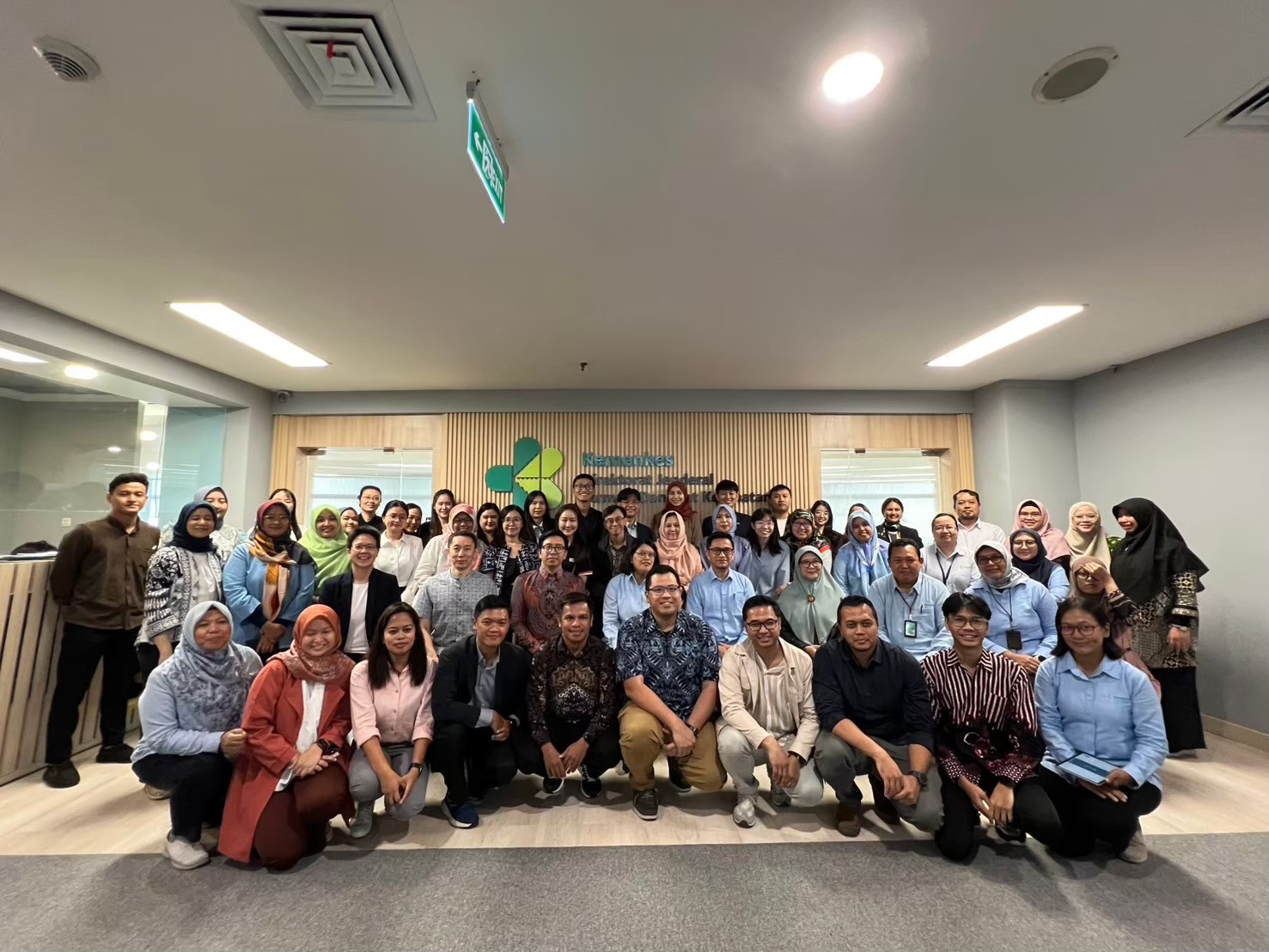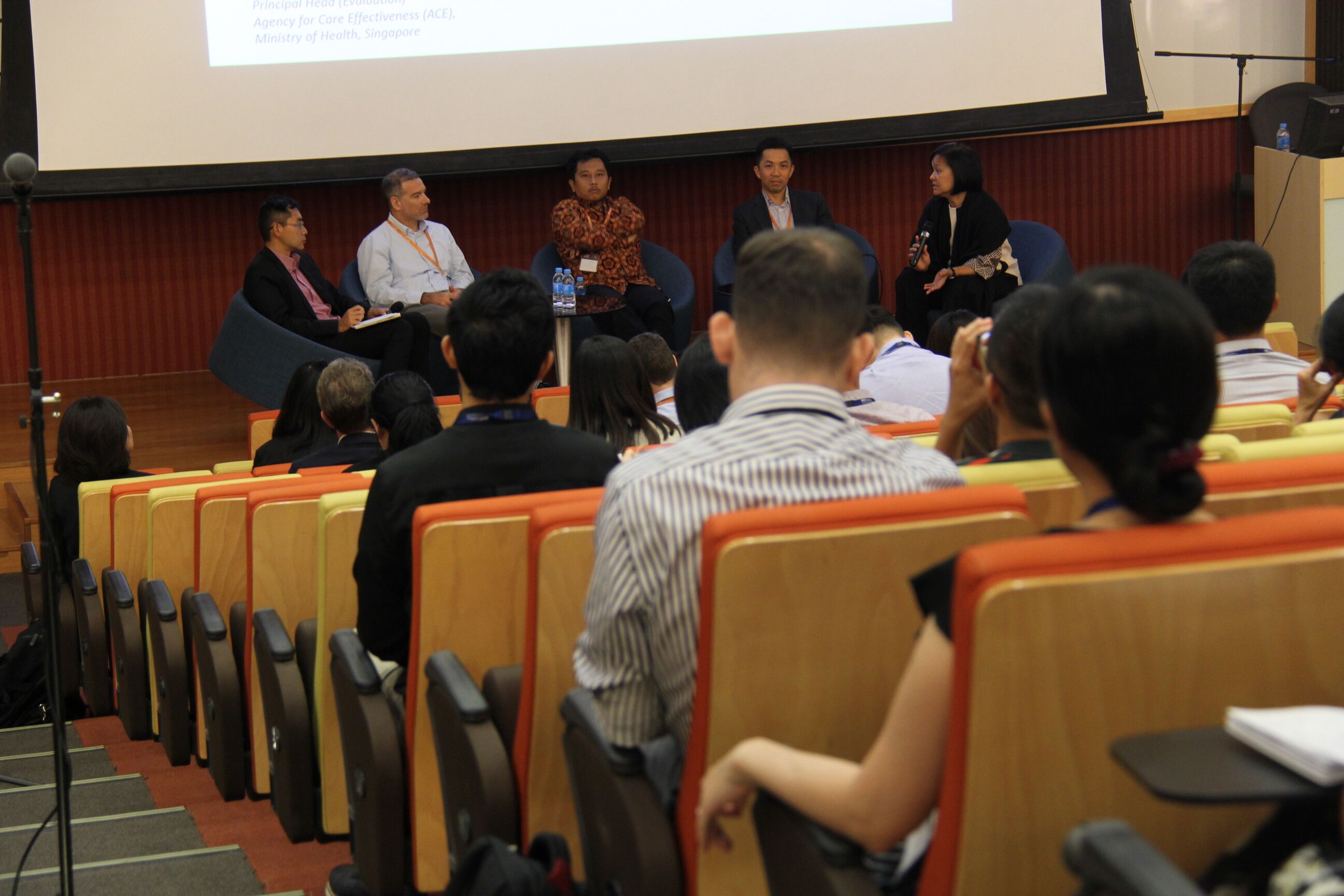[PRESS RELEASE] Cross-Border Insights into Lao PDR’s Evidence-Informed Health Policy with HTA: First-Ever Study Maps the Way Forward




Last January, I had an opportunity to attend a training and symposium entitled ‘Health Technology Assessment: selecting the highest value care’ organized by the Saw Swee Hock School of Public Health, National University of Singapore (NUS), and the Health Intervention and Technology Assessment Program (HITAP). It was a packed three days of learning and relearning fundamental concepts of Health Technology Assessment (HTA) which were very useful not only for my professional growth, but also to the institution I represent.

The training had many highlights. One of the things I appreciated was how the teaching faculty were highly-skilled educators. They were excellent in explaining complex concepts while keeping the participants engaged all throughout the lectures. Aside from their effective teaching style, they brought a lot of practical and insightful policy experience to the table. Majority of the examples used in the course material were from their relevant studies, or from their own experiences working with HTA agencies in the region. Another highlight for me was the group work on estimating QALYs using Time-Trade-Off and standard gamble, which I particularly enjoyed since this is very relevant to a research project that I am currently working on. Through this hands-on exercise, I gained a better understanding of how health state utilities are measured and valued — a concept that I only learned through books previously, and the importance of having context-specific, preference-based measures of utilities.
In addition to the training course on HTA, the policy symposium held on the third day was also very inspiring. It was interesting to hear about different countries’ HTA journey from the perspective of multiple stakeholders, and the challenges they faced along the way. They also shared several lessons where countries such as the Philippines, whose institutions and processes are in its nascent stage, can learn from. I found the insights from Prof. Sastroasmoro from Indonesia, Prof. Tungsanga from Thailand and Dr. Khoo from Singapore on institutional strengthening and capacity building useful, especially since our office is in the process of developing implementing rules and regulations for the recently signed Universal Health Care Law, which has a section dedicated to HTA.

Overall, it was quite an enriching experience and I am glad to have been given the opportunity to participate in the training. I hope that a similar course will be offered again next year which I will recommend to my colleagues. I consider it as a timely follow-up to the three-month internship I did at HITAP last year, where I worked on a protocol for an economic evaluation of renal replacement coverage policies in the Philippines. I am currently working with my team to collect primary data on costs and quality of life among patients undergoing dialysis and those post-kidney transplant. Our study will be the first economic evaluation to utilize the newly-developed EQ-5D-5L value set for the Philippines.
I am eager to come back to HITAP in the next few months to continue working on renal replacement coverage HTA, and join my colleagues in the HTA Unit on two new HTA topics related to maternal health. I am very grateful to HITAP, NUS and iDSI for continuously supporting our efforts to institutionalize HTA, and I hope that there will be more opportunities to work together in the future.